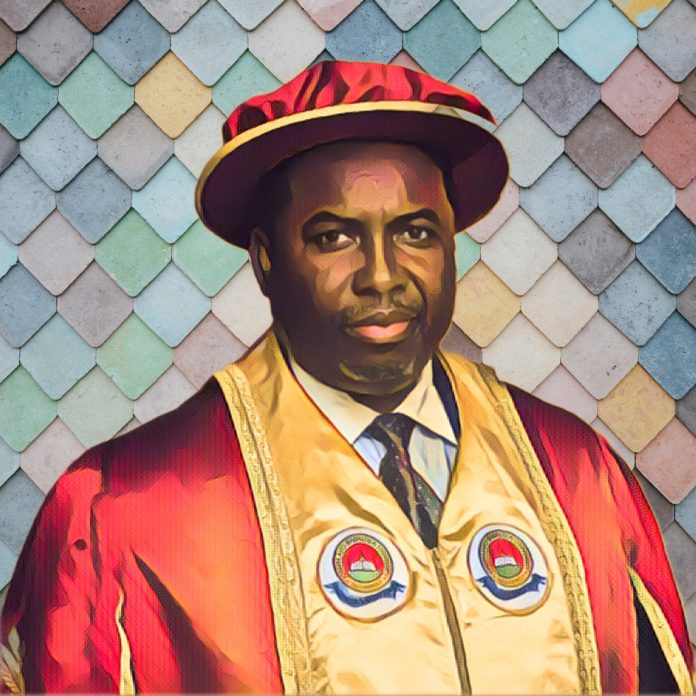Key Points
-
Tinubu on Amupitan’s appointment as INEC chairman dominates national debate.
-
President says Amupitan’s record in law and reform influenced decision.
-
Critics call for transparency and institutional independence at INEC.
President Bola Ahmed Tinubu defended his choice of Prof. Sani Amupitan as the new Chairman of the Independent National Electoral Commission (INEC) on Monday. He said the decision came after months of private talks, security checks, and professional evaluations aimed at restoring public trust in Nigeria’s electoral system.
Tinubu, who spoke at the State House in Abuja, said that Amupitan’s nomination was not a political favour but a strategic choice based on merit. The president called him “a disciplined administrator and legal scholar whose career embodies the principles of fairness, accountability, and nation-building.”
Tinubu on Amupitan’s appointment as head of INEC
At 61, Amupitan is a Senior Advocate of Nigeria (SAN) and a professor of law at the University of Jos. He has worked in constitutional and administrative law for more than 30 years. He was on the Presidential Advisory Committee on Legal Reforms before this, and from 2018 to 2020, he was in charge of the Electoral Reform Implementation Panel.
Tinubu said those credentials were very important. “We needed someone who knows how to run elections from both a technical and moral point of view,” he said, adding that Amupitan’s experience in government and the courts made him the best candidate for the job.
The appointment comes after Prof. Mahmood Yakubu’s eight years in office, which were marked by the introduction of the Bimodal Voter Accreditation System (BVAS) and nationwide debates over how to send results.
Finding a balance between trust and change in the leadership of INEC
The Senate confirmed Amupitan after a closed-door meeting led by Senate President Godswill Akpabio. Most lawmakers from both the ruling and opposition parties supported the confirmation. The Peoples Democratic Party (PDP) said the appointment was “cautiously optimistic” and told the new INEC head to stay neutral.
Civil society groups like Yiaga Africa and the Transition Monitoring Group were happy with the move, but they wanted more openness about how elections are run and how people can register to vote. Yiaga’s executive director, Samson Itodo, said, “Amupitan must show that the Commission works for Nigerians, not politicians.”
People have higher hopes for Tinubu now that Amupitan has been named
Amupitan promised to improve the integrity of elections through technology and institutional independence just after he was sworn in. He said, “We will make systems stronger, not people.”
According to a report by the Punch news, Dr. Aisha Abdullahi from the University of Abuja and other analysts said that Tinubu’s choice “signals a calculated attempt to blend reform with political stability.” The first test for INEC under Amupitan will be the off-cycle governorship elections in Edo and Ondo States next year. These elections will be seen as an early test of the credibility of both the new chairman and the Tinubu administration.



